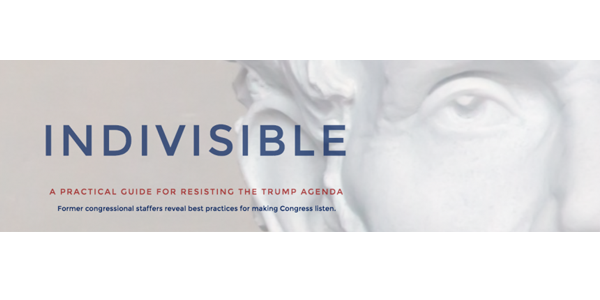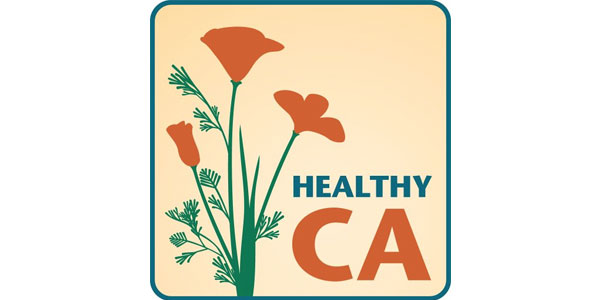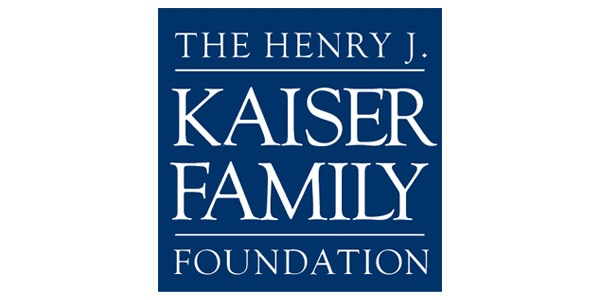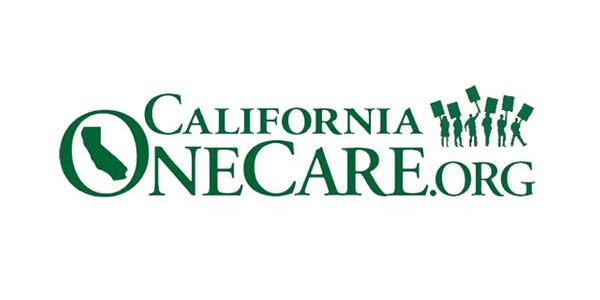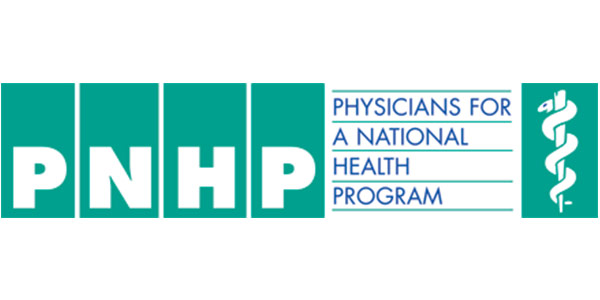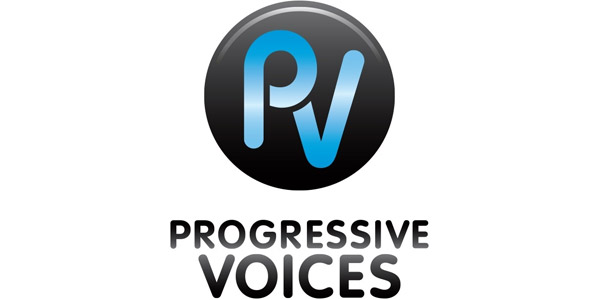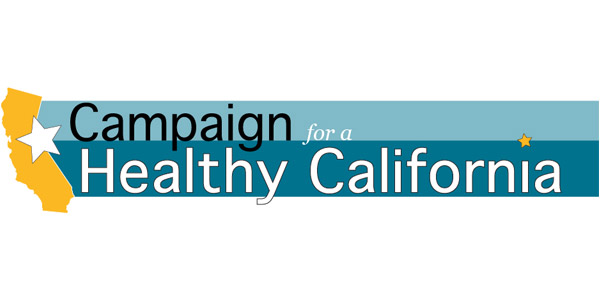Gruesome Depression: Did I or Didn’t I? Do I or Don’t I? | The Tales of a Stroke Patient | Joyce Hoffman
[Editor’s note: This article is part of the series, The Tales of a Stroke Patient. You can access the other articles here.]
The 27-year-old analysis, including 28 studies of more than 300,000 people, determined there were 8,478 strokes. Depressed people were 45% more likely to experience any type of stroke than those who were not depressed. They were also at 55% increased risk for dying from that stroke.
We have Netflix, and it’s especially useful in the winter when there’s no point in taking a trek outside. I watched “Whose Life Is It Anyway?” last week, sort of knowing what it was about but not realizing the impact it would have on me. (Seriously, I should have known).
The 1980s film features Richard Dreyfuss as sculptor Ken Harrison, who became a quadriplegic after a car accident, and who’s hell-bent on the right to end his life. Also featured are Bob Balaban as a lawyer who helps Harrison achieve his wish for death by stopping the dialysis and being discharged, John Cassavetes as Dr. Emerson, who is determined to keep his patient alive even against Harrison’s wishes, and Christine Lahti as Clare Scott, a doctor who falls in love with Harrison.
The pros and cons of watching this film: On the pro side, you have to see it because this film is so powerful, it grabs you and doesn’t let go right away. On the con side, you shouldn’t see it if you suspect any kind of depressive disorder. No kidding. I didn’t just cry; I sobbed and bawled. But do I have depression? Maybe. Maybe not.
One study from Washington School of Medicine says that almost 20 million American adults, or 10 percent of the U.S. population age 18 and older, have some sort of a depressive malady. Does that high number surprise you? Really, it shouldn’t surprise you at all. The study was taken from doctors who have patients with depression. But some of the people who have depression don’t even recognize it. And some of them think they’re suffering from something, but they don’t know what. Only when they’re told it’s depression, if they seek the information at all, do they know.
Depression isn’t just “the blues.” Depression can cause emotional symptoms such as anxiety, irritability, and hopelessness. But it can also cause physical symptoms such as chest pain, nauseated feelings, dizziness, sleeping problems, muscle pain, changes in weight and appetite, and exhaustion. In a majority of cases, depression doesn’t have one cause. Rather, it’s a result from a lot of things, like genes, events in your past, your present circumstances. Most important, depression isn’t a flaw in your character and it isn’t your fault.
A recent study sponsored by the World Health Organization found depression to be a leading cause of disability in the United States. When it comes to me, not able to do much with one functioning hand, my friend has to do it all–go food shopping, take out the trash, deal with my anxiety. It’s a complete role reversal. That scenario alone is depressing. Sometimes, I think he’s depressed. But he laughs a lot and doesn’t have any of the classic symptoms like:
- fatigue and a decreased energy level (he’s never tired unless he’s watching television and falls asleep)
- feelings of worthlessness (he has such a huge ego)
- difficulty concentrating or remembering details (he doesn’t miss a trick, even when I want him to)
- excessive sleeping (he gets up at 6:15 every morning unless he has to teach when he wakes up at 5:15)
- overeating or appetite loss (he eats a steady diet because he’s a creature of habit)
- thoughts of suicide or suicide attempts (never)
Here’s a sketchy background on the most common types of depression which comes in many unwanted “flavors.”
According to the National Institute of Mental Health, clinical depression, also known as major depression, is characterized by a combination of symptoms that can interfere with a person’s ability to sleep, work, study, eat, and enjoy activities that are pleasurable. It can prevent you from functioning normally. An episode of clinical depression may occur only once or it recurs throughout a person’s life.
In addition, with clinical depression, one of the symptoms is either depressed mood or loss of interest. The ongoing symptoms should be present daily or nearly daily for at least two weeks. The symptoms cannot be due to the direct effects of a substance (medications or drug abuse), a medical condition, such as hypothyroidism, and not occur within two months of the loss of someone you cared about.
Chronic depression, or dysthymia, is characterized by a depressed mood of two years or longer. Chronic depression is less severe than major depression and typically does not disable the person. It tends to be identified by a consuming sadness.
Bipolar disorder, sometimes called manic depression, is a complex mood disorder that alternates between times of extreme excitement or mania and periods of clinical depression. In common vernacular, it is called “highs and lows.”
Seasonal depression, often called seasonal affective disorder or SAD, occurs each year at the same time. It usually starts in the fall or winter and ends in spring or early summer. It is more than just “cabin fever.” Another type of SAD, known as “summer depression,” begins in late spring or early summer and ends in fall.
Many factors can lead to depression including:
- Biological (with a chemical imbalance in the brain)
- Gender (women maybe from hormonal imbalances due to menstruation, pregnancy, and menopause)
- Medications (from side effects)
- Genetic (if depression is in your family, it increases the risk)
- Situational (Events like divorce, financial problems, or death of family or friend)
- Cognitive (negative thinking and low self-esteem ups the risk)
- Age (the older you are, the more likely)
See how the statistic of almost 20,000 people goes even higher? Even more, you may have depression or develop it if you have:
- thyroid disease
- cancer
- central nervous system disorders
- head trauma
- diabetes
- Alzheimers
- multiple sclerosis
- syphilis
- rheumatoid arthritis
- asthma
- kidney disease
- liver disease
- heart problems
- stroke
And of course, with those illnesses, even higher still. So statistics are a guesstimate. That’s all they are.
Now, here’s where I come in. So what’s the connection between stroke and depression? It isn’t what I thought. You don’t necessarily get depression after your stroke. You can get a stroke if you have depression. How about that?
In a piece written for the Journal of the American Medical Association, the new research shows that depression may actually increase risk of stroke and of dying from that stroke.
“We didn’t know whether depression, per se, could increase the risk of stroke, but now we have conclusive and compelling evidence that it can,” says study researcher An Pan, PhD, research scientist at the Harvard School of Public Health in Boston.
“Depression affects the quality of life, heart disease, and stroke risk, [and] is prevalent and is probably underdetected and undertreated. So this is another reason to think about monitoring people for depression and getting them the proper treatment,” says Ralph Sacco, MD, the immediate past president of the American Heart Association.
The 27-year-old analysis, including 28 studies of more than 300,000 people, determined there were 8,478 strokes. Depressed people were 45% more likely to experience any type of stroke than those who were not depressed. They were also at 55% increased risk for dying from that stroke.
So how does that stroke-depression connection happen. A few theories are credible. It may be that people who are depressed:
- don’t take care of themselves. They tend to get less exercise, eat less healthfully, and take part in unhealthy behaviors like smoking cigarettes.
- are also less likely to take their prescribed medication, like blood pressure or cholesterol-lowering drugs which, if present, are both possible factors for a stroke.
- have the same inflammation indicators in the blood that could set the path for a stroke.
So how do I see myself? I don’t really know. That mystery ranks right up there with the Bermuda Triangle and the Jimmy Hoffa burial site. Maybe I was depressed then, after I had my stroke, but I haven’t thought about Jack Kovorkian, the death master of patient-assisted suicides, for at least a year. But I can tell you this. I make an effort to laugh (supposedly the best medicine) at least once a day. You decide.



